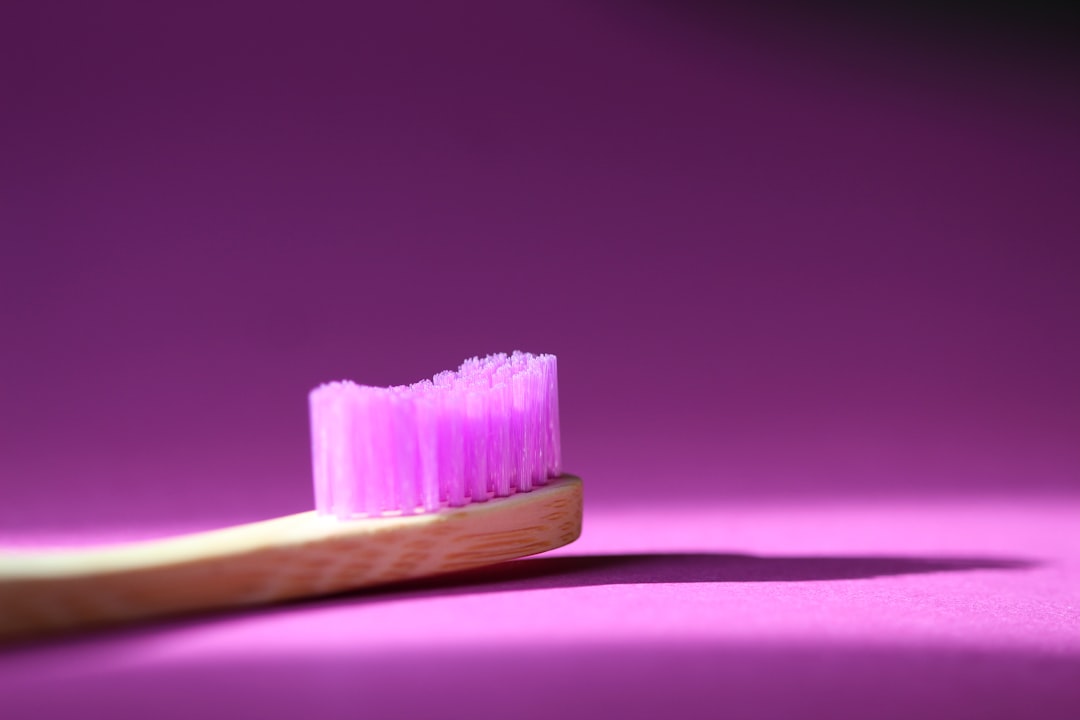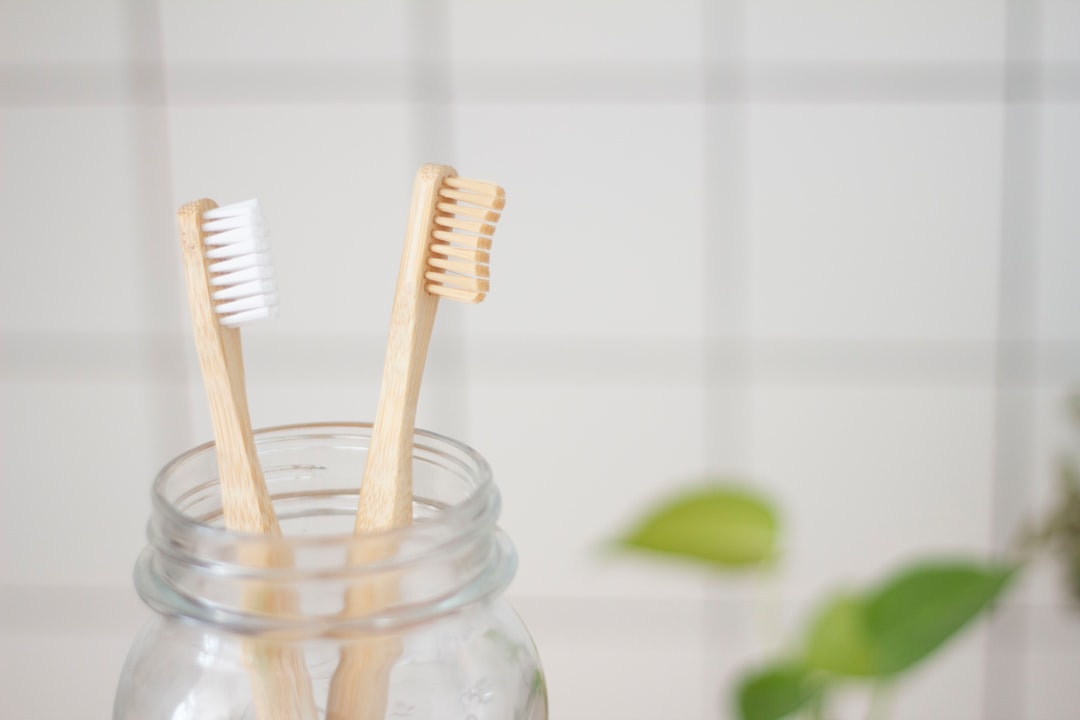It’s time to give your smile the care it deserves! Spring is here and the perfect time to get a dental checkup and start this season with a sparkling clean set of pearly whites. From deep cleanings to catch any cavities and other dental problems, to restoring teeth with modern solutions, it’s essential to renew your oral health for the season. Be sure to read more to learn why now is the time for a dental checkup!
The Benefits of a Regular Dental Checkup
Regular dental checkups are essential for maintaining good oral health. Not only do they help detect potential problems early, but they also provide an opportunity to ensure that your teeth and gums are healthy. A regular checkup provides a number of benefits, including:
– Prevention of common dental issues: Many dental problems can be prevented or treated more easily if detected early. During a regular checkup, the dentist will look for signs of decay, gum disease, and other issues that could affect your oral health.
– Professional cleaning: Professional cleanings remove plaque and tartar from hard-to-reach areas in your mouth that cannot always be cleaned with brushing alone. This helps prevent cavities, gum disease, and other problems that can arise from inadequate brushing or flossing habits.
– Early detection of conditions: Regular visits to the dentist allow them to identify any potential oral health issues before they become major problems requiring more extensive treatment such as surgery or root canal therapy. Early detection allows you to receive effective treatment in a timely manner so you can maintain optimal oral health.
2. Warning Signs That You May Need to Visit the Dentist Now
Taking care of your dental health is an essential part of maintaining overall wellbeing. Regular visits to the dentist can help identify and address any potential problems before they become more serious and costly. Here are some warning signs that indicate it may be time for a checkup:
1. Persistent Bad Breath: While bad breath can be caused by eating certain foods, it can also be an indication of gum disease or other oral health issues. If you’ve noticed that your breath has been worse than usual, it’s best to have it checked out by a professional.
2. Tooth Sensitivity: If you experience pain or discomfort when eating or drinking hot and cold items, this could be a sign of tooth sensitivity – which could indicate cavities, receding gums, gum disease or other underlying issues in the mouth.
3. Loose Teeth: If you’ve noticed that one or more teeth seem to move when touched lightly with your tongue, this could mean that the bone supporting them has begun to deteriorate due to periodontal disease – which should be addressed as soon as possible by a professional dentist in order to prevent further damage and loss of teeth down the line..
4. Bleeding Gums: Healthy gums should not bleed while brushing your teeth; if they do this could signal infection in the gum tissue which needs urgent attention from an expert dentists in order for proper treatment..
5 Unexplained Pain: Any unexplained pain near your mouth area should not be neglected and should always prompt you visit
3. How to Prepare for Your Next Dental Cleaning Appointment
Preparing for your next dental cleaning appointment is an important part of maintaining good oral hygiene. With the right preparation, you can ensure that your visit to the dentist is both comfortable and productive. Here are a few tips to help you prepare for your next dental cleaning:
First, make sure to brush and floss your teeth before each appointment. Proper brushing and flossing will help remove plaque build-up, reduce tartar accumulation, and prevent cavities from forming in between visits. It’s also important to take note of any new symptoms or issues you may have noticed since your last appointment so that you can discuss them with your dentist during the exam. Additionally, it’s wise to bring a list of any medications or supplements that you are currently taking as well as any other relevant medical information such as recent X-rays or scans.
Lastly, be sure to arrive at least fifteen minutes early for your scheduled appointment. This will allow time for paperwork completion and provide an opportunity for the dental care team to review all of the necessary information with you prior to the start of treatment. Following these simple tips will help ensure that both you and your dentist have a successful visit!
4. Tips for Maintaining Good Oral Hygiene at Home
To maintain good oral hygiene, it is important to practice regular dental care at home. Here are four tips to help you keep your teeth and gums healthy:
1. Brush your teeth twice a day with a fluoride toothpaste. Make sure to brush for two minutes each time and thoroughly clean the inner, outer, and chewing surfaces of all your teeth.
2. Floss at least once a day, preferably after brushing and before bedtime. Flossing helps remove plaque between the teeth where brushing alone cannot reach.
3. Rinse with an antiseptic mouthwash each morning after brushing and flossing to reduce bacteria in the mouth that can lead to gum disease and bad breath.
4. Eat a balanced diet that excludes sugary snacks or carbonated beverages which can damage enamel over time due to their acidic content or cause cavities if consumed regularly without proper oral hygiene habits in place.. Additionally, consider limiting snacks throughout the day as snacking increases plaque buildup on the surface of teeth which can lead to decay over time if not removed properly with regular brushing & flossing habits!
5. How Having Healthy Teeth Can Improve Your Overall Health and Well-Being
Taking care of your teeth and gums is essential for good health. Not only does a healthy smile look great, but research shows that having healthy teeth can have a positive effect on your overall health and wellbeing. By getting regular dental check-ups, you can keep your teeth looking their best and reduce any potential risks to your physical health.
Poor oral hygiene has been linked to many serious medical conditions such as stroke, heart disease, diabetes, dementia and even some types of cancer. Regular dental check-ups help to identify any issues with gum disease or tooth decay before larger health problems develop. Additionally, regular visits allow dentists to detect early signs of changes in the mouth which may be indicative of systemic health issues such as high cholesterol levels or inflammation in the body.
It’s also important to note that taking care of your teeth is not just about preventing illnesses – it can also help improve self-confidence and social interaction by improving the appearance of an individual’s smile. A study conducted by the American Academy of Cosmetic Dentistry found that 99% of adults believe an attractive smile makes them more appealing when meeting someone new. So taking good care of our oral hygiene not only improves our well being physically but mentally too!

